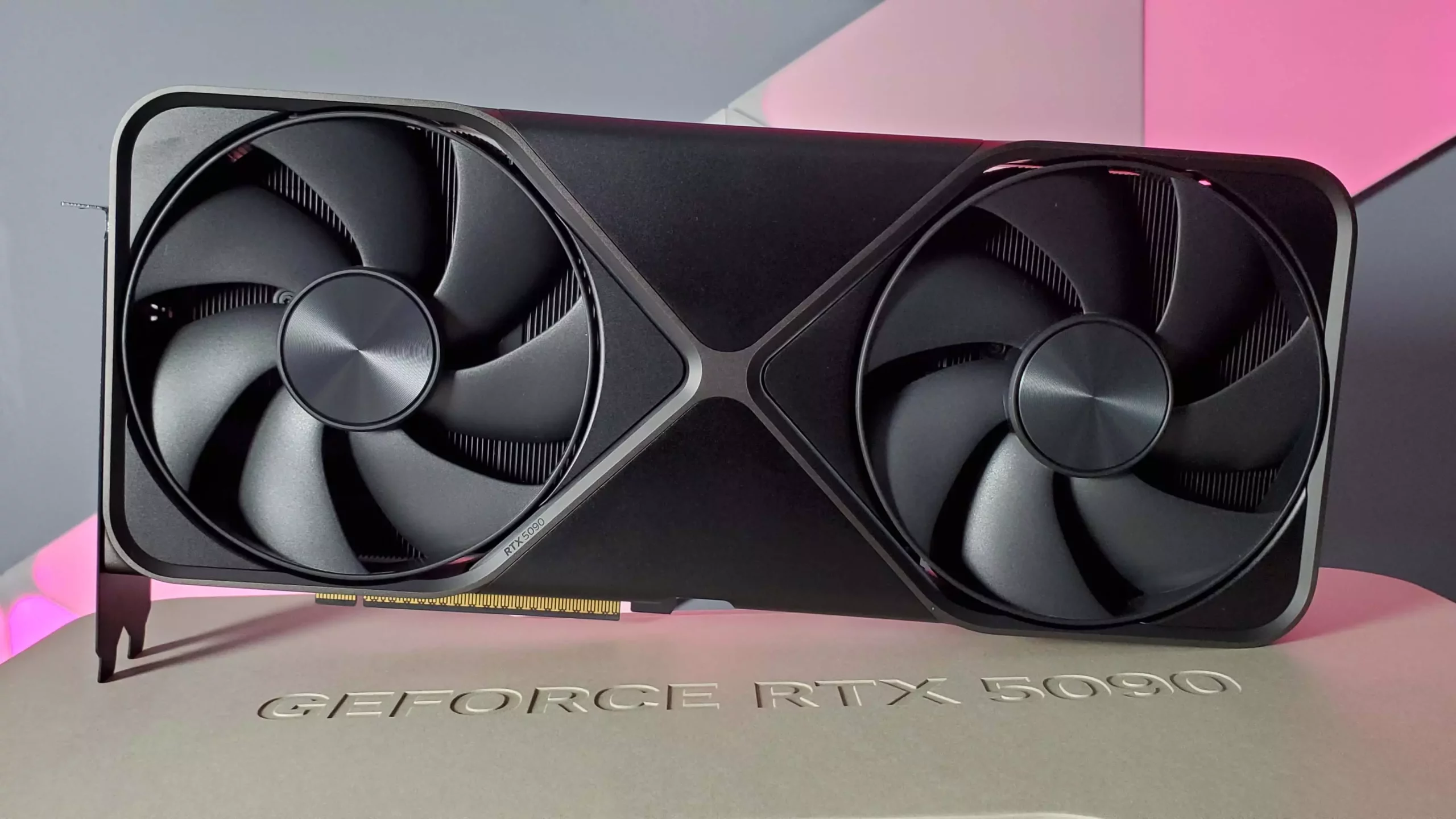In an age where scalping has become synonymous with high-demand electronics, especially graphics processing units (GPUs), retailers are forced to rethink their sales strategies. Recently, a Japanese electronics store has made headlines with a peculiar approach: refusing to sell high-end RTX 5090 and RTX 5080 GPUs to anyone planning to take them outside of Japan. This move, reported prominently by outlets like VideoCardz, poses an unconventional yet intriguing solution to curb the influence of both bots and scalpers. While the intent behind this decision is commendable, the feasibility of its enforcement raises pressing concerns.
Understanding the Context: Scalpers and Their Impact
Scalpers have wreaked havoc on the gaming and PC-building community, exploiting the high demand for GPUs and driving prices to astronomical levels. Utilizing automated bots, these individuals manage to snap up stock almost instantly, often reselling them at exorbitant prices, much to the frustration of genuine enthusiasts. With the RTX 50-series cards priced at around ¥452,800 (approximately $3,170), the desire for consumers to acquire these graphics cards is palpable. With such staggering costs, the stakes are high, and the tension evident among gamers and tech enthusiasts.
The initiative by the Japanese store could be perceived as a desperate yet innovative measure. By restricting sales, the retailer aims to get these sought-after GPUs into the hands of local enthusiasts who want to enhance their gaming experiences rather than contribute to the scalping market. The memo specifying that the cards are “only sold to customers for use in Japan” signifies a proactive effort to reclaim some control over the distribution of these products.
Challenges in Enforcement
However, the underlying challenges of this policy cannot be overstated. The store’s approach to limit the sales of GPUs based on intended use seems more like a public relations tactic than a practical solution. The memo does not specify how the store will define the “intended use” of the GPUs. Will consumers be asked for proof of residence? This requirement could easily be circumvented, much like underage individuals finding a way to procure alcohol. The reality is that potential loopholes exist in any enforcement mechanism, leading to an inevitable question: how can the store ensure compliance effectively?
Moreover, the impact of such a strategy may inadvertently discourage local consumers. If individuals feel they are being monitored or restricted at the point of sale, it could foster negativity toward the retailer. The very nature of gaming culture encourages community and connection, but this policy risks alienating customers simply looking to engage in their hobby.
The International Scene: A Comparative Perspective
This isn’t Japan’s first encounter with GPU distribution challenges. In different global markets like the UK, retailers have previously suspended sales to international customers due to exorbitant demand and tariffs. Interestingly, as noted, UK-based Overclockers UK halted shipments to the United States but still allowed local sales to continue. The mechanistic differences between these regions open up discussions about how innovative solutions can be localized—or perhaps regionalized—to address the unique dynamics of price inflation and purchase behavior.
Moreover, tourists have been known to purchase GPUs in Japan due to favorable currency exchanges, making it financially viable to fly and buy in-store. The policy implemented by the Japanese store could lead to missed sales opportunities, not just from scalpers but also from legitimate buyers taking advantage of lower prices abroad.
The Bigger Picture: What Lies Ahead?
While the concerns regarding compliance and enforcement feature heavily in this case, it also highlights a significant shift towards thinking outside the box in retail strategy. As the tech industry moves deeper into a digital-first landscape, innovative measures must be embraced and refined. It is vital for retailers to strike a balance between securing product availability for genuine customers while remaining agile enough to face evolving market challenges.
The audacious policy at the Japanese electronics store reflects a microcosm of the larger struggles within the GPU market. As retailers continue to navigate this influx of demand, only time will tell how effective these strategies can be in shaping the future of technology sales in an increasingly competitive environment.

